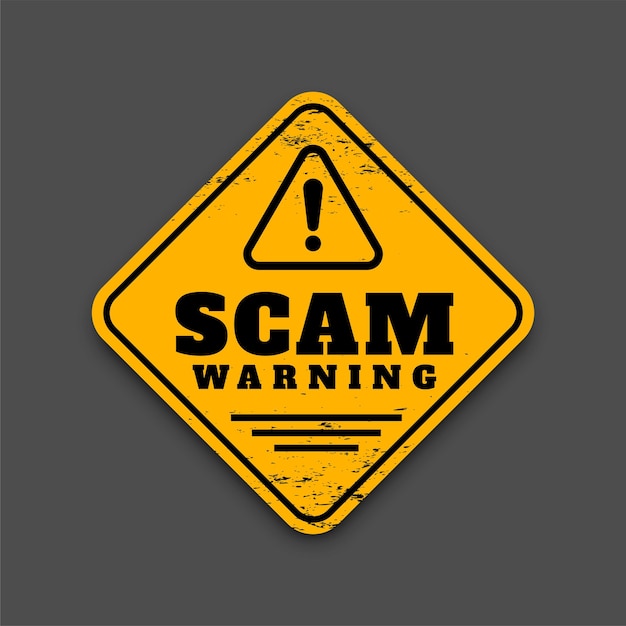Imagine this: You’re rushing to get ready for work one morning when your credit card company calls. They mention a suspicious charge and ask you to confirm your card number. You do, and they promise to look into it. But when your bill arrives, the fraudulent charges are still there, costing hundreds of dollars. How did this happen? You fell for a phishing scam, a common type of credit card fraud.
To avoid these scams, you need to stay ahead of the fraudsters. Learn their tricks and how to block them before they can get their hands on your money.
Scammers are always inventing new ways to commit credit card fraud. Every time credit card companies find a way to block one scam, the fraudsters just move on to the next. Here are some of the most common scams and frauds involving credit cards in 2022:
-
Identity Theft: This is when criminals pretend to be you. They steal your personal information, like your name, address, credit card information, bank information, Social Security number, or insurance info, and use it for their own gain. They can get your information in various ways, from hacking your computer to rummaging through your trash. Once they have your info, they can do all sorts of things with it, like taking out new credit cards in your name and running up huge bills.
-
Phishing Scams: This is how identity thieves get your personal info. They pretend to be a legitimate business where you have an account and trick you into giving them your information.
-
Skimming: This old form of credit card fraud involves recording your credit card information and using it to make small purchases. Nowadays, it typically involves a small electronic device called a skimmer.
-
Public Wi-Fi Scams: It’s always risky to enter personal information on your device when you’re using a Wi-Fi network. These networks aren’t secure, and hackers can intercept your info.
-
Interest Rate Reduction Scams: These scams involve robocalls offering to lower your interest rate. The callers claim they can negotiate a better deal for you, but they’re really after your credit card information.
-
Charity Scams: Fraudsters call you up seeking donations for a charity or nonprofit organization. They often do this in the wake of a natural disaster or during a crisis.
-
Arrest Scams: In this scam, you get a call from someone posing as a police officer or other law enforcement officer. They say you owe money for some type of government debt, such as a fine, a ticket, or unpaid tax.
-
Credit Card Farming Scams: In this scam, the victims become willing participants in a scheme to rip off credit card companies. In the process, they usually end up losing money themselves.
-
Overcharge Scams: In this phishing variant, you get an email, phone call, or text message saying a purchase you made overcharged your credit card. To get the charges removed, you need to hand over sensitive information like your login info.
Scammers are clever. It isn’t always possible to catch them before they get into your account. However, there are some steps you can take to minimize the damage if they do. Start by requesting fraud alerts from your bank and credit card company. They’ll let you know immediately if they detect any suspicious activity on your account. But they can’t spot everything, so scrutinize your account statements for fraudulent charges. If you find any, ask the issuer to suspend your account and send you a new card. Check your credit report regularly as well. Any accounts you don’t recognize or unusually high balances could be a sign of identity theft. For extra protection, consider freezing your credit. This prevents anyone from opening new credit accounts in your name. A credit freeze costs nothing, and you can ask the credit bureaus to lift it at any time if you want to open a new account.
